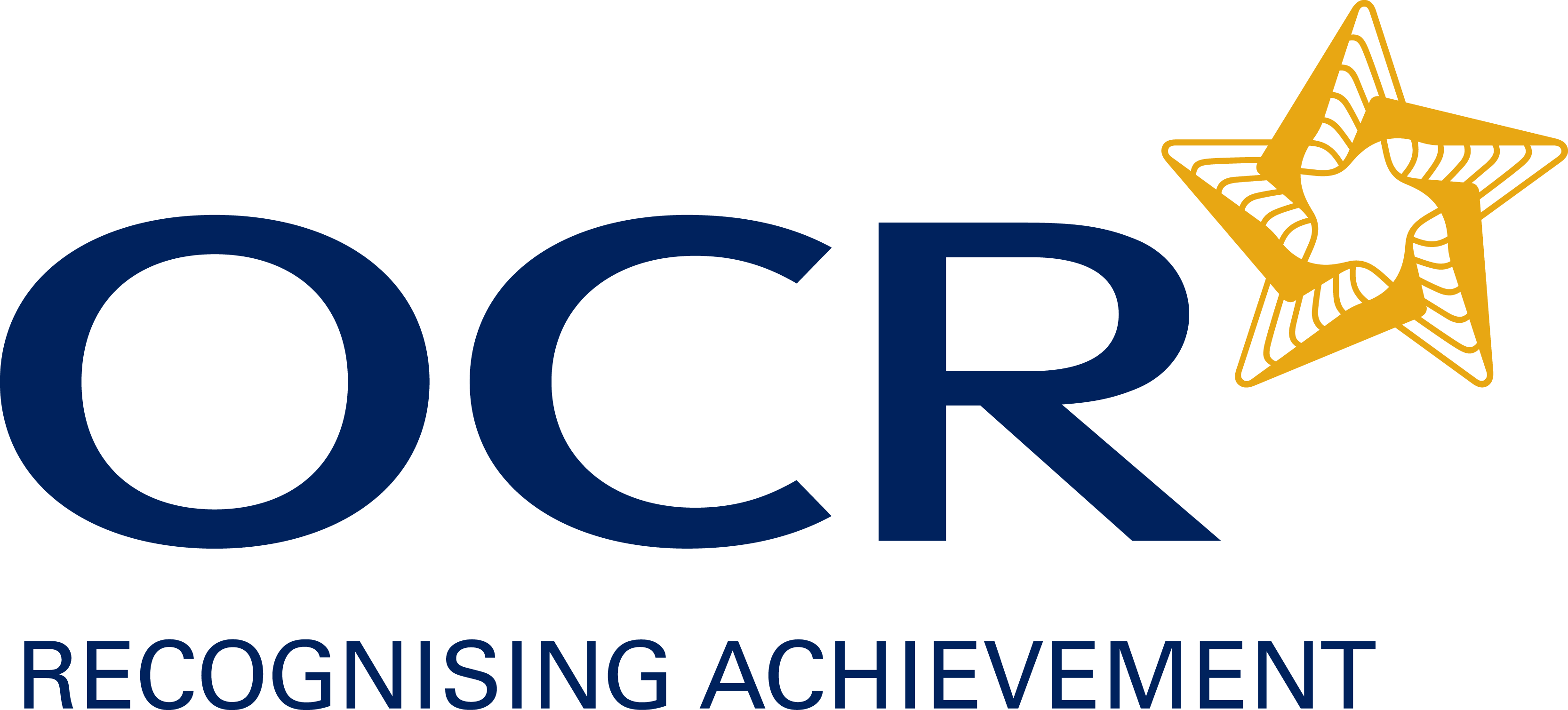Study Skills Core Modules
Exam Preparation
Exam Preparation Tip #1 - the run up
Don't stop revising!
If you’ve been revising, then you should be approaching your exams with a certain amount of confidence.
Keep going with your revision and remember to refer to practice papers, mark schemes, and Chief Examiners Reports to really help you understand:
BREAK
- what the exam paper is like – how long, number of questions, types of sections (compulsory, optional, multiple choice, etc.), spread of marks, how much time you should spend on each question, etc.
BREAK - how to get the top band marks – which AOs (Assessment Objectives) do the questions expect you to use? Do you need conclusions, definitions, comparative arguments? etc.
BREAK - what the examiners are expecting from you – defining key terms? Using specific layouts? Including particular examples? etc.
BREAK
You can find all three of these documents on the Exam Board websites, where there should be free copies of past or specifimen documentation to view. Click on the logos below to visit the exam board websites. You usually need to search for your subject under the 'Subjects' or 'Qualifications' menus, depending on the Board.
 Deal with any anxiety as soon as possible.
Deal with any anxiety as soon as possible.
If you're starting to feel anxious about exams:
BREAK
- keep working through this module for tips on preparation,
BREAK - speak to your personal tutor, subject teachers or senior tutor about your concerns,
BREAK - pop up to the Study Centre for some advice on dealing with your anxiety,
BREAK - see if you can make an appointment to speak to or receive some email advice from one of the college counsellors. It's free and confidential.
BREAK
There's always help available - all you have to do is ask!



